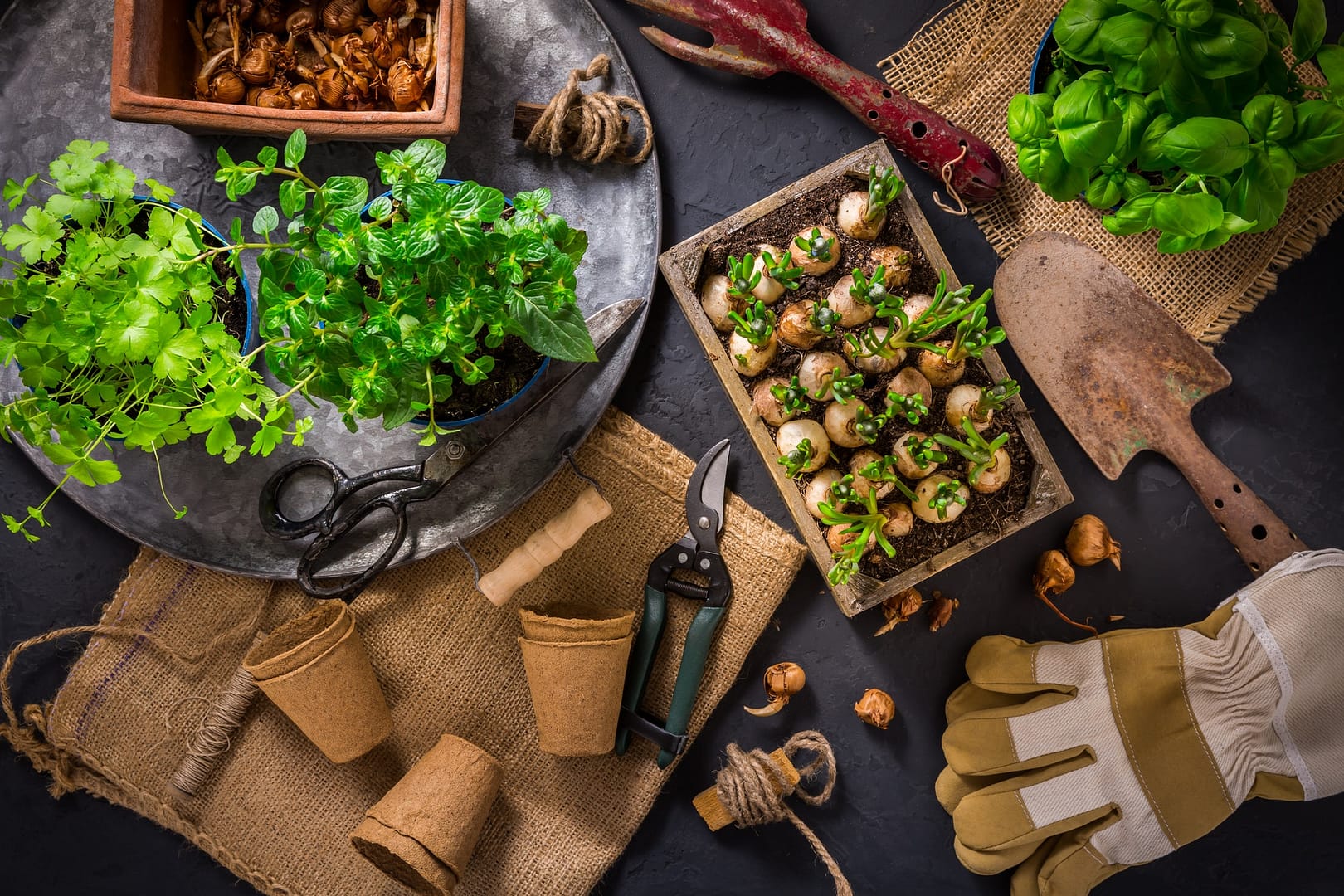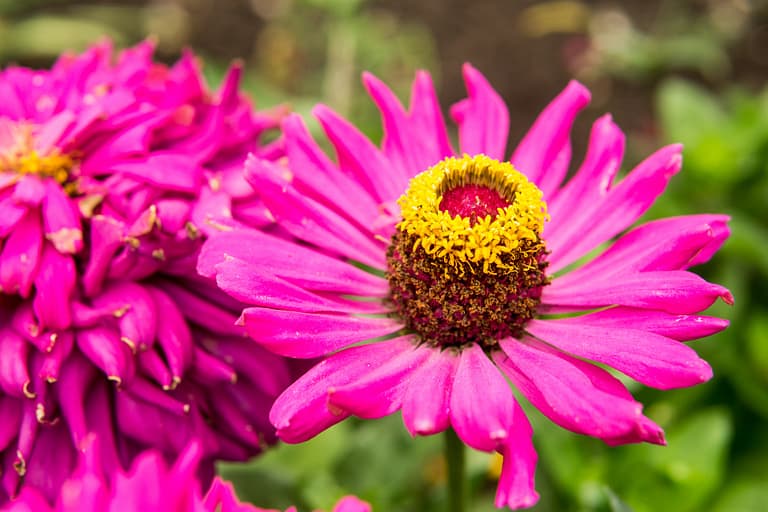Seasonal Gardening in Dallas
Seasonal gardening in Dallas requires attention to the changing seasons for a successful garden. It's essential to follow a planting schedule and prioritize safety to protect both yourself and your plants. By doing so, you can enjoy a thriving garden and a plentiful harvest.
Let's explore the world of seasonal gardening in Dallas and learn how to cultivate a flourishing garden while keeping safety a priority.
Key Takeaways
In Dallas, it's important to pay attention to the changing seasons for successful seasonal gardening. Following a planting schedule and prioritizing safety are essential for protecting both yourself and your plants. This approach will help you enjoy a thriving garden and a bountiful harvest. Let's delve into the world of seasonal gardening in Dallas and discover how to cultivate a flourishing garden while keeping safety a top priority.
January: Winter Garden Maintenance
In January, it's important to review your winter garden maintenance checklist to make sure you've completed all the necessary tasks. This month marks the start of the fall planting season in Dallas, providing an opportunity to grow crops.
When planning your winter garden maintenance, consider the USDA Hardiness Zone for Dallas. Knowing the first and last frost dates is crucial to protect your plants from potential damage. Properly preparing the soil is essential for successful vegetable planting at this time.
Also, using LED tube lights for seed-starting can significantly benefit young seedlings in the winter. By following a comprehensive winter garden maintenance plan and being mindful of planting dates, you can ensure a thriving garden in Dallas this season.
February: Preparing for Spring Planting
As February begins, it's time to get your garden ready for spring planting.
Start by testing the soil and making any necessary improvements to ensure it's primed for new growth.
Consider selecting early-blooming plants that thrive in the Dallas climate to give your garden a head start on the season.
This preparation will set the stage for a vibrant and flourishing garden as spring unfolds.
Soil Testing and Amending
As you get ready for spring planting in Dallas, it's important to focus on soil testing and amending in February to ensure the best growing conditions for your new plants.
By addressing the health of your soil now, you're taking proactive steps to set the stage for a productive garden in the coming months. It's crucial to understand that healthy soil is the foundation for successful gardening and provides a sense of satisfaction as you nurture your plants.
Creating an environment where your plants can thrive brings joy and fulfillment to your gardening experience. When you prioritize soil testing and amending at this time, you're investing in the success of your garden and the future harvest of your vegetable seeds.
For guidance and support, consider reaching out to the Dallas Garden School for expert advice tailored to North Texas growing conditions.
Choosing Early-Blooming Plants
When getting ready for spring planting in Dallas, it's important to choose early-blooming plants that do well in the USDA Hardiness Zone 8 and are suitable for the region's first and last frost dates.
For advice on suitable plant varieties, consider visiting the Dallas Arboretum.
Since Dallas has hot summers, opt for early-blooming plants like leeks and peas that can be harvested before the peak of summer.
Understanding the growing seasons and the North Texas Vegetable Planting Calendar is crucial for successful planting.
Also, for small-space gardening, think about plant propagation to make the most of your garden's potential.
March: Spring Planting and Maintenance
Get ready for March's spring planting and maintenance by referring to the North Texas vegetable planting calendar. To ensure successful planting in Dallas, consider the following emotional responses:
- Anticipation: Embrace the excitement of nurturing your garden and seeing new growth.
- Envision the vibrant colors and fresh produce that will soon fill your garden, bringing joy and satisfaction.
- Trust: Have confidence in the guidance of experts and the North Texas vegetable planting calendar to ensure a bountiful harvest.
- Feel empowered knowing that you're following the best practices for planting in Dallas and maximizing your garden's potential.
Understanding the first frost date and insights from expert garden educators are crucial for a successful March planting in Texas. As you prepare to nurture your garden, it's essential to focus on the upcoming tasks for April: nurturing spring growth.
April: Nurturing Spring Growth
April is a crucial time for nurturing your garden in Dallas. To ensure your plants have the best chance of survival, consider the last frost date as you plan your garden.
Raised Bed Planting Layouts can help you create an organized and productive garden. It's important to follow the North Texas Vegetable Planting Calendar closely to determine the best timing for planting various vegetables.
For young seedlings to thrive, consider using LED tube lights for seed-starting to provide the necessary light.
May: Managing Summer Preparations
As you tend to your garden in Dallas during May, it's time to shift your focus to getting ready for the summer to ensure your plants thrive and produce abundantly. Here are some important factors to consider for managing your garden in Dallas:
- Planting Schedule: May is the best time to plant summer vegetables before mid-June to maximize their growth and yield.
- Frost Dates: Keep an eye on the local weather for accurate frost dates to plan your plantings and protect your plants from potential harm.
- *Emotional Response*: You'll feel a sense of accomplishment as you watch your garden flourish with carefully timed plantings, providing an abundance of fresh produce for your family and community.
- *Emotional Response*: By staying informed about frost dates, you can safeguard your garden and ensure the safety of your plants, fostering a sense of security and care for your garden.
June: Summer Garden Care
As a Certified Texas Master Gardener, it's important to start harvesting your summer vegetables in June to ensure a productive garden in North Texas.
This month, focusing on summer garden care is crucial for maintaining the health and yield of your crops. Make sure your plants get enough water, especially during the hot Texan summer. Using mulch can help retain soil moisture and regulate temperature.
Regularly check for pests and diseases, and promptly address any issues to prevent them from spreading. If you haven't already, plant vegetables that thrive in the summer heat, such as tomatoes, peppers, and okra.
Consider visiting the Dallas Arboretum and Botanical Gardens for inspiration and advice, or consult the National Garden Bureau for plant-specific tips.
July: Mid-Summer Garden Maintenance
In the middle of July, it's important to check your garden for any signs of heat stress and take necessary steps to protect your plants from the intense summer temperatures in Dallas. This is crucial for the well-being of your garden.
Here are some things to consider:
- Provide Adequate Shade: Protect delicate plants from the scorching sun by using shade cloth or placing them under taller plants or structures. This helps to shield the plants from the heat and keeps them safe.
- Mulch for Soil Moisture: Apply a layer of mulch around plants to conserve soil moisture and reduce the frequency of watering. This protective layer of mulch helps the plants stay hydrated and reduces the need for frequent watering.
August: Preparing for Fall Planting
As you get ready for fall planting in Dallas, begin by organizing your garden beds and clearing out any remaining summer crops. This will create a clean and tidy space for new plantings.
Raised bed planting layouts are efficient for gardening, maximizing space and yield.
In August, as we transition to fall, it's important to refer to the North Texas Vegetable Planting Calendar for September and October. This calendar provides crucial information for proper timing, ensuring optimal growth and development for your crops.
Additionally, consider using recommended LED tube lights for seed-starting to support the healthy growth of young seedlings.
Proper timing, knowledge of frost dates, and monitoring local weather are crucial for successful fall planting in North Texas.
Frequently Asked Questions
When Should I Start Gardening in Dallas?
You can begin gardening in Dallas by planting spring vegetables and summer crops before mid-June. For fall flowers, it's best to plant them in late May. It's important to prepare the soil, follow a watering schedule, control pests, and maintain the garden for the best results.
Can You Grow a Garden Year Round in Texas?
Yes, you can definitely maintain a garden throughout the year in Texas. To overcome the challenges posed by the climate, you have the option of indoor gardening and container gardening. By selecting plants that can tolerate high temperatures and using seasonal planting techniques, you can ensure a successful year-round garden with extended harvests.
What Grows in Dallas in Winter?
In Dallas, you can grow various winter vegetables such as leeks, peas, Swiss chard, and zucchini. To have a successful winter garden, it's important to plant garlic cloves, shallot bulbs, and leek transplants in the fall. These vegetables thrive in the winter climate of Dallas and can be a great addition to your garden during the colder months.
What Is Texas Growing Season?
The Texas growing season mainly occurs in spring and fall. To maximize success, it's important to follow the planting schedule for the best crops. Take into account the climate when preparing the soil, use proper watering techniques, manage pests, and follow harvesting tips. This will help ensure a bountiful harvest during the Texas growing season.







